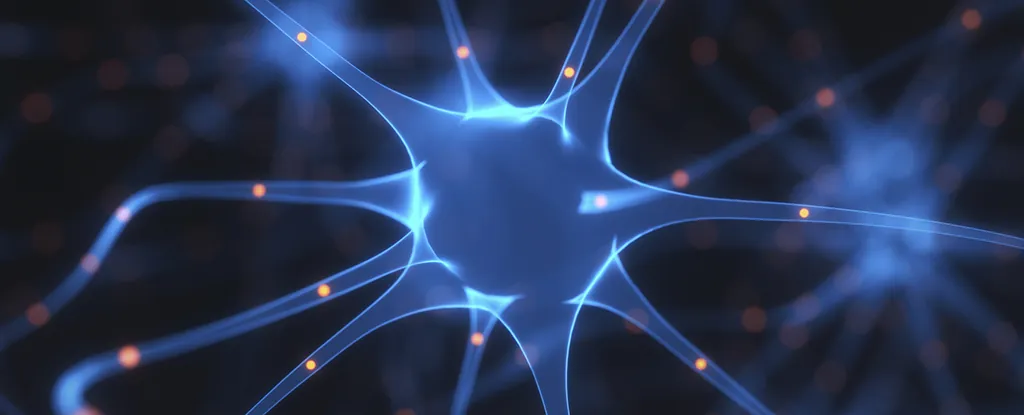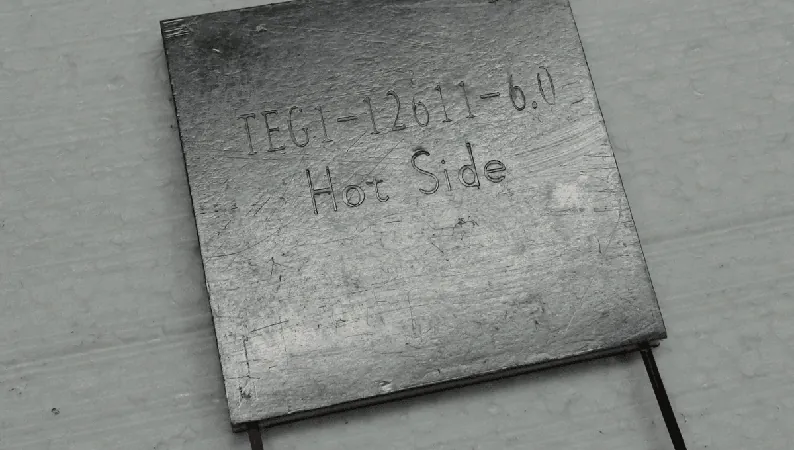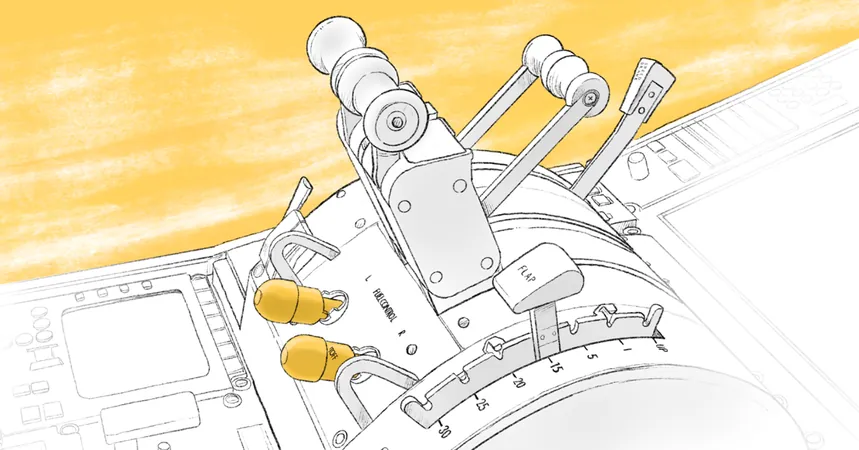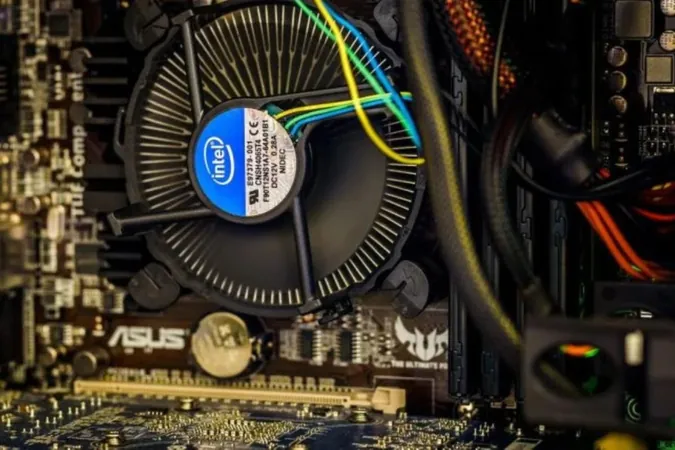
Neuroscience Breakthrough: Your Brain Keeps Making Cells for Life!
2025-07-07
Author: Charlotte
Unlocking the Secrets of the Human Brain's Memory Power
Did you know that your brain never really stops growing? A groundbreaking new study reveals that humans continue to create fresh neurons throughout their lives—especially in the memory-rich region known as the hippocampus!
New Findings from Leading Scientists
Researchers from Sweden’s prestigious Karolinska Institute and Chalmers University of Technology have delivered compelling evidence that the dentate gyrus, a key component of the hippocampus, actively produces new brain cells well into adulthood.
Molecular biologist Jonas Frisén highlights the significance of these findings: "This gives us an important piece of the puzzle in understanding how the human brain works and changes throughout life." The implications of such discoveries stretch far and wide, potentially reshaping our understanding of learning, memory, and even aging.
How the Study Was Conducted
The research utilized RNA analysis from brain samples collected from individuals up to 78 years old. What they found was fascinating: a variety of neurons functioning as neural progenitor cells (NPCs) were still present, capable of generating new nerve cells. Remarkably, the study noted similarities between human NPCs and those found in other mammals like mice, pigs, and monkeys.
Machine Learning Meets Neuroscience
By harnessing machine learning techniques, scientists categorized brain cells based on their developmental stages—tracking them from their origins as stem cells to immature neurons. This approach clarified earlier uncertainties about the origins of these new neurons.
Ongoing Neurogenesis: A Lifelong Process
The study confirmed that neurogenesis in the hippocampus continues throughout adult life, although at a slower pace as we age. However, variations in the rate of neuron production among individuals could indicate differences in brain plasticity—affecting everything from learning and personality to disease risks.
Implications for Mental Health and Regeneration
One exciting hypothesis is that the speed at which new neurons are created might influence certain brain conditions. Some participants in the study had histories of psychiatric or neurological disorders, opening the door to future research in this area.
Frisén emphasizes the potential impact of this research: "Our findings may help develop regenerative treatments that stimulate neurogenesis, particularly for neurodegenerative and psychiatric disorders." This could revolutionize how we approach mental health treatments!
Conclusion: A New Era in Neuroscience Awaits
Published in the prestigious journal Science, this study celebrates a significant leap in our understanding of the brain's intricate capabilities. So, the next time you rely on your memory, remember—your brain is working hard, generating new cells even as you grow older!









 Brasil (PT)
Brasil (PT)
 Canada (EN)
Canada (EN)
 Chile (ES)
Chile (ES)
 Česko (CS)
Česko (CS)
 대한민국 (KO)
대한민국 (KO)
 España (ES)
España (ES)
 France (FR)
France (FR)
 Hong Kong (EN)
Hong Kong (EN)
 Italia (IT)
Italia (IT)
 日本 (JA)
日本 (JA)
 Magyarország (HU)
Magyarország (HU)
 Norge (NO)
Norge (NO)
 Polska (PL)
Polska (PL)
 Schweiz (DE)
Schweiz (DE)
 Singapore (EN)
Singapore (EN)
 Sverige (SV)
Sverige (SV)
 Suomi (FI)
Suomi (FI)
 Türkiye (TR)
Türkiye (TR)
 الإمارات العربية المتحدة (AR)
الإمارات العربية المتحدة (AR)